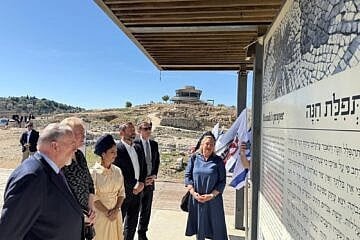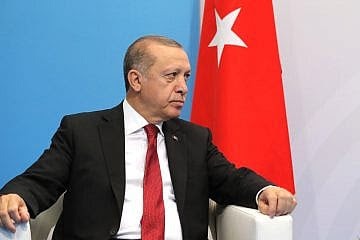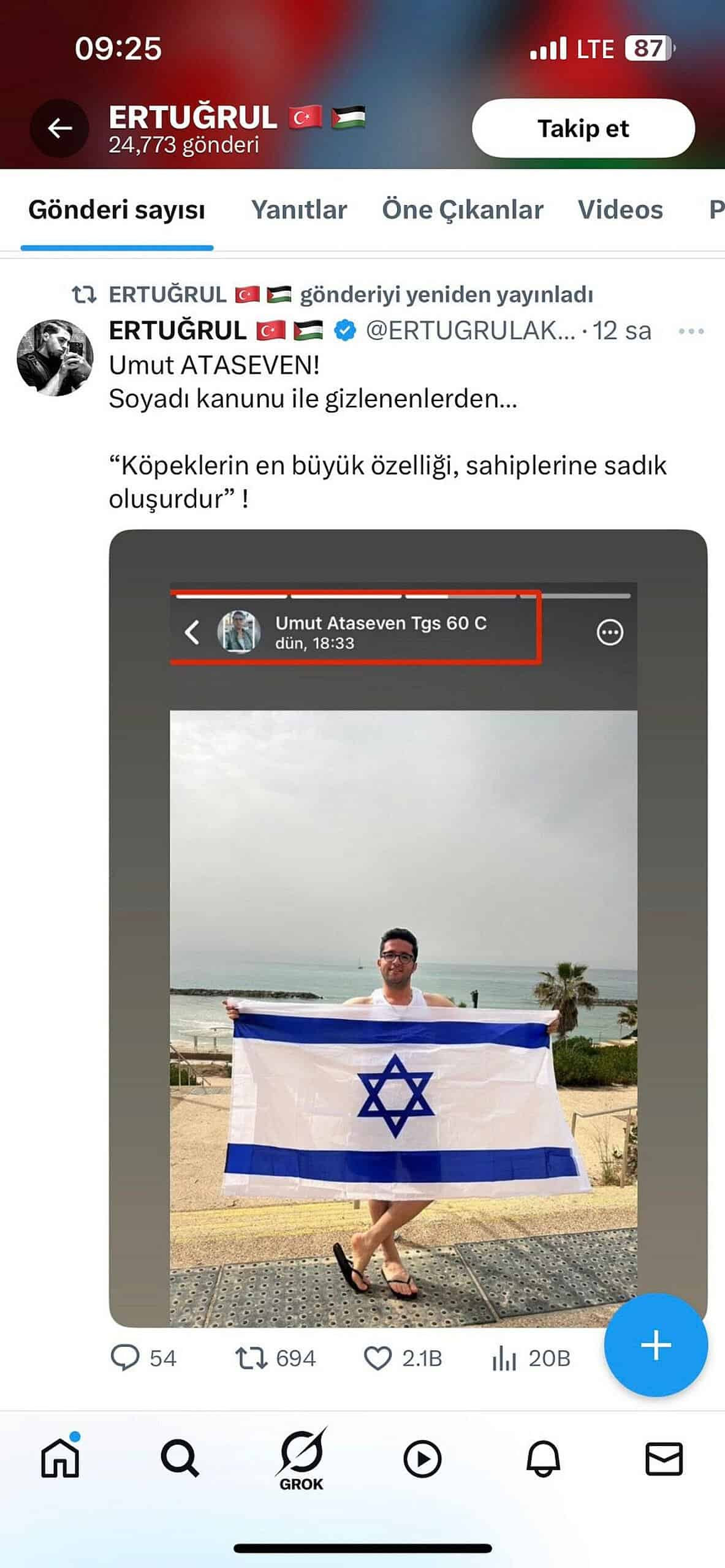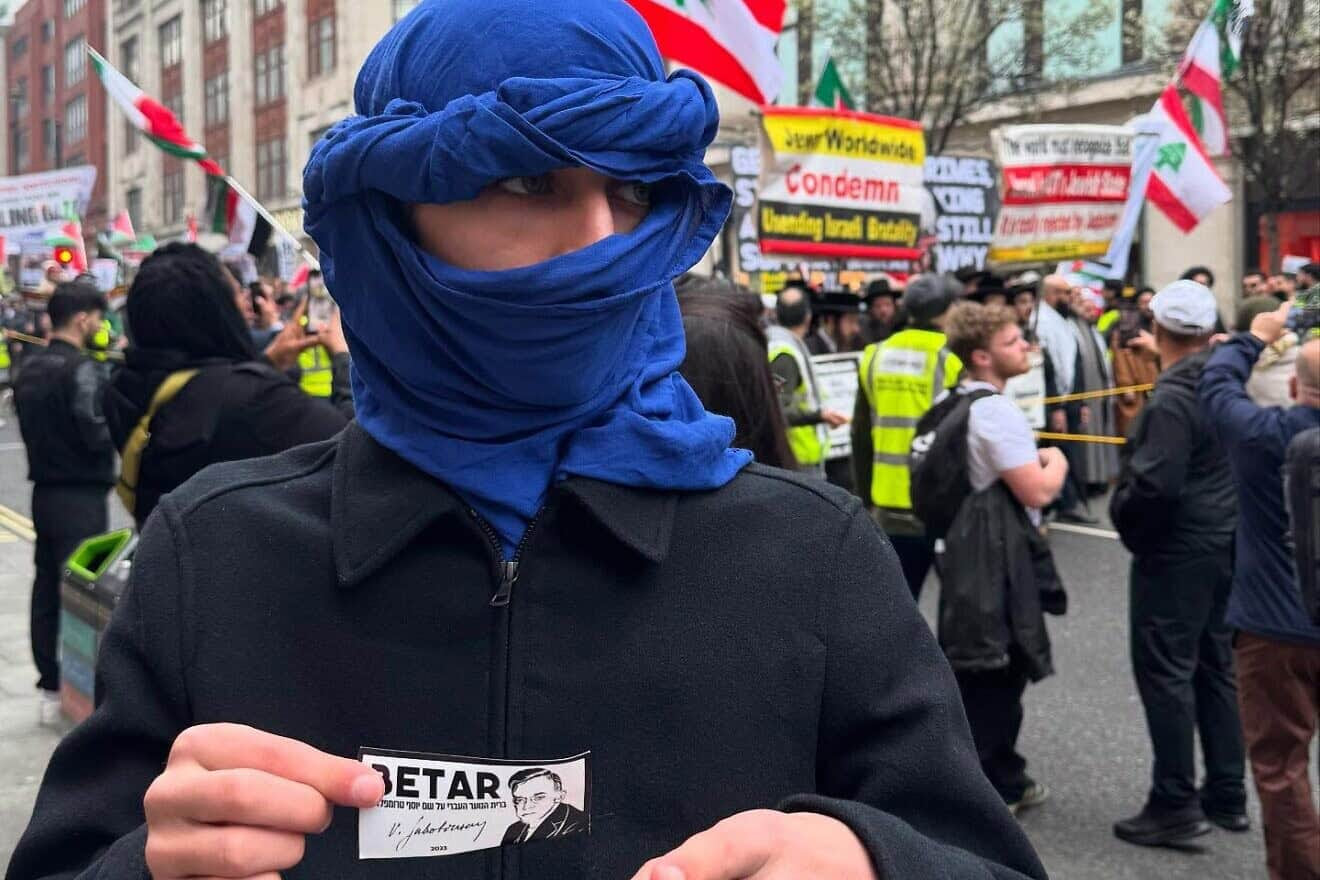“If the Saudis want peace for peace, with a maximized win-win for everyone, we’re very happy about that,” said the Israeli finance minister.
Amelie Botbol, Akiva Van Koningsveld
(JNS)
Israeli-Saudi normalization will only happen through the “peace for peace” formula and not by establishing a Palestinian “terror state,” Israeli Finance Minister Bezalel Smotrich reiterated on Monday.
“We think normalization is a good thing and in our mutual interest, both for us and for the Saudis—mainly the Saudis,” Smotrich told JNS during the weekly faction meeting of his Religious Zionism Party in Jerusalem.
According to the minister, “the Middle East is divided into the Iranian axis of evil and its proxies, and the moderate axis that sides with the West, with the U.S., and promises liberty, freedom and security.”
“There’s huge development potential for the entire Middle East here. If we subdue evil and wickedness—which we have been doing for a year and a half and will continue to do, we need to—we’ll build completely different alliances here based on real peace and values,” he said.
However, Jerusalem “thinks it isn’t right for the Saudis to have nuclear capabilities,” Smotrich said in reference to reports that the U.S. is seeking to help Riyadh developing its own civil nuclear program.
Israel will also not “think even for a second” about giving in to the Saudi demands for a pathway to a Palestinian state, the finance minister emphasized, telling JNS: “That will never happen, no way.”
A Palestinian state in Judea and Samaria would be “a huge terrorist state—Gaza, but multiplied by 20, and in an area that geographically and topographically dominates the entire State of Israel,” Smotrich said.
“If the Saudis want peace for peace, with a maximized win-win for everyone, we’re very happy about that. If they’re asking us to commit suicide in the process—then no thanks,” he said.
Earlier on Monday, Israeli President Isaac Herzog told reporters in Berlin that “there is nothing I want more” than to shake the hand of Saudi Crown Prince Mohammed bin Salman, hailing the possible normalization of ties between their nations as “rapprochement between Jew and Muslim.”
“I believe that this is the exact historic challenge. Are we moving toward inclusion of Israel in the region? … Or are we caving into radical forces who want to block it, and they’re using every possible way with the empire of evil from Tehran and their proxies,” Herzog said, speaking alongside his German counterpart, President Frank-Walter Steinmeier.
“I believe the historic movement is for inclusion of Israel in the region, and we should do everything possible, both employing our capabilities to defend ourselves and extending our hand for peace and dreaming of peace and reaching it,” the Israeli head of state said.
Benny Gantz, who leads the National Unity Party and previously served in the country’s War Cabinet, told JNS on Monday that Israel’s top concerns in normalization talks are security related.
“If you will have good relations, some form of normalization with the Saudis, that’s gonna be very important to include expanding them to other Muslim countries, so I’m in favor of that,” the former defense minister said.
“We have to look at it from the security perspective only,” he said. “I think that the Abraham Accords and the following agreements we had
with the Americans that ensured Israel’s QME is a good example of that,” he added, using the abbreviation for qualitative military edge.
U.S. President Donald Trump was scheduled to depart for the Middle East on Monday with scheduled visits to Riyadh, Saudi Arabia; Doha, Qatar; and Abu Dhabi, the United Arab Emirates.
Trump on May 6 hinted at a major announcement coming ahead of the regional tour. The surprise announcement, which he called “as big as it gets,” would be made later before his Monday departure, Trump said.
“It’s really positive,” he stressed, though declining to specify the topic. “It will be one of the most important announcements that have been made in many years about a certain subject. Very important subject.”
Last month, Trump said that the Saudis could join the four Arab nations that signed the Abraham Accords with Jerusalem during his first term.
“I think Saudi Arabia will go into the Abraham Accords. … We had four countries in there, it was all set. We would have had it packed. Now we’re going to start it again,” he stated, referring to the 2020 deal.
Image: Israeli Finance Minister Bezalel Smotrich leads a faction meeting at the Knesset in Jerusalem, May 12, 2025. Photo by Yonatan Sindel/Flash90.
















